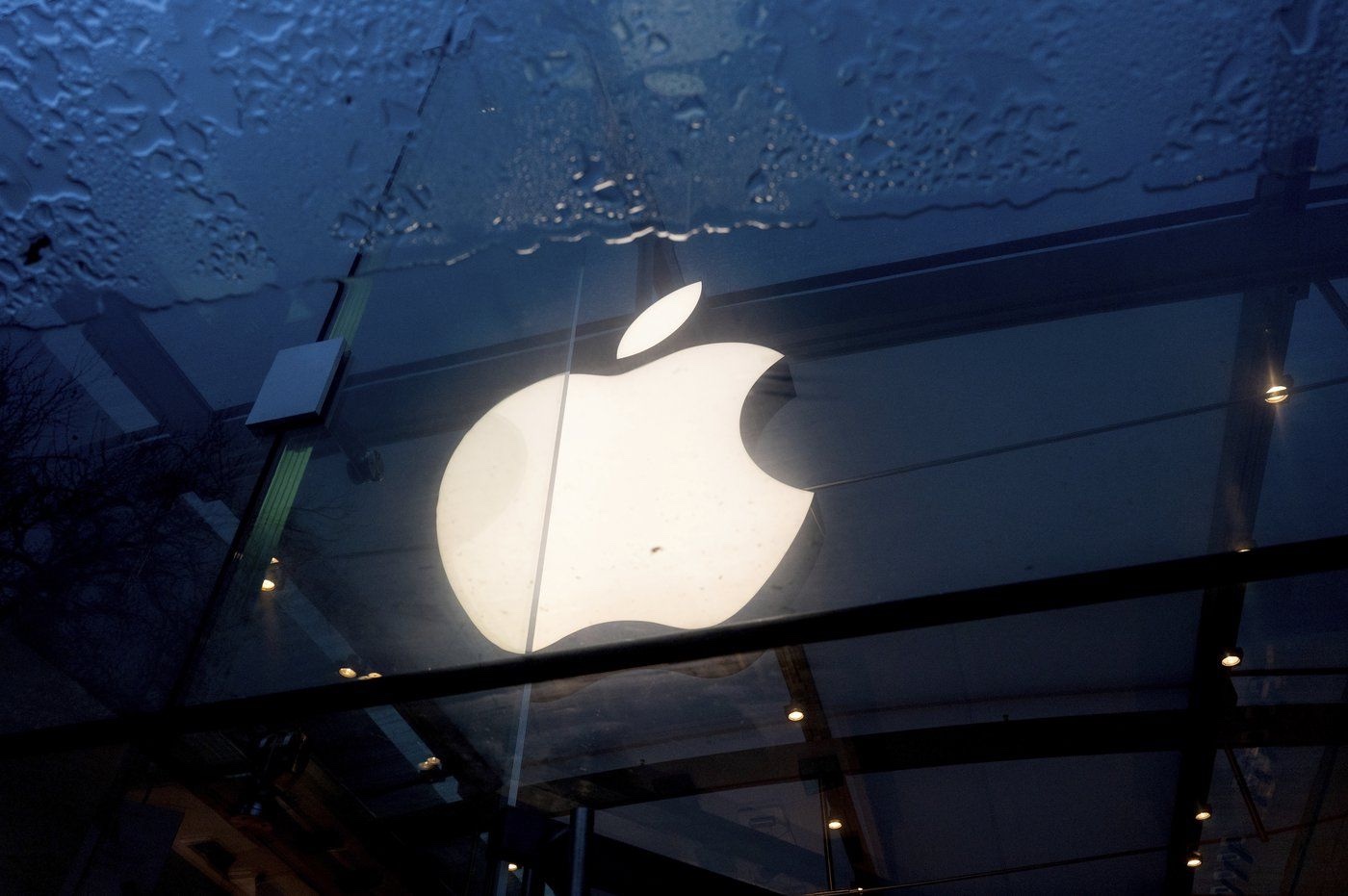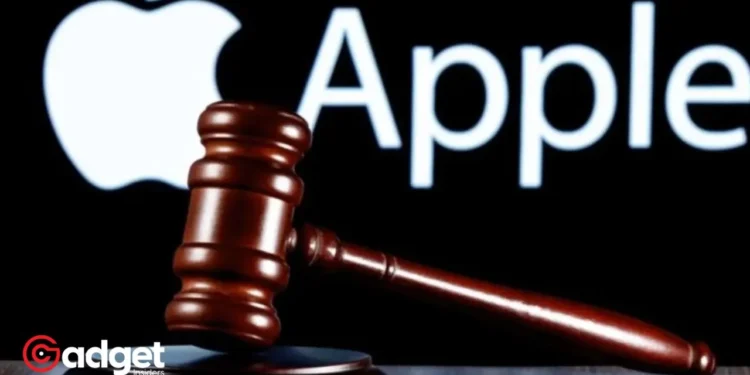In a landmark case that has captured the attention of consumers and tech enthusiasts alike, Apple has agreed to a C$14.4 million settlement over the iPhone throttling controversy in Canada, as reported by CBC. This case, stemming from accusations of deliberately slowing down older iPhone models, marks a significant chapter in the ongoing discourse on consumer rights and corporate accountability in the tech industry.

The Heart of the Matter: Slowing Down Apple iPhones
Back in Munich, January 27, 2016, an event seemingly unrelated to the Canadian lawsuit unfolded—a woman was using her iPhone 6, captured in a moment that underscores the ubiquity and integral role of Apple’s devices in our daily lives.
Fast forward to today, and the implications of how these devices perform over time have become a legal battleground, spotlighting the balance between extending device longevity and maintaining performance standards.

Apple: The Settlement Unpacked
Apple’s settlement in Canada is not just about compensating affected iPhone users; it’s a reflection of the tech giant’s commitment to addressing consumer concerns and legal obligations. The controversy, often referred to as “Batterygate,” has prompted a broader discussion on the ethics of software updates that impact device performance and the importance of transparency from manufacturers.
While the settlement amount of C$14.4 million might seem like a drop in the ocean for a company of Apple’s stature, the precedent it sets for consumer rights and corporate practices in the technology sector is monumental.
This case highlights the fine line between enhancing security and functionality through software updates and ensuring users are fully informed about the potential impacts on their device’s performance.
A Digital Privacy Sidebar: Your Rights Online
In the shadow of the settlement, it’s crucial to address the broader context of digital privacy and consumer rights. The California Consumer Privacy Act (CCPA) and discussions around the sale of personal information and targeted advertising play into the larger narrative of how tech companies handle user data and preferences.
The case brings to light the importance of understanding and managing consent preferences, the role of cookies in personalizing web experiences, and the rights consumers have over their personal information.
A B.C. Supreme Court judge has approved a proposed maximum $14.4 million settlement from Apple to eligible members of a class-action lawsuit.
It accused Apple of deliberately providing software updates that slowed its iPhone 6 and 7 models. https://t.co/vJCxIMYzoy .— CBC News (@CBCNews) March 4, 2024
Navigating consent preferences, from strictly necessary cookies to those used for performance and targeting, reveals the complexity of the digital landscape and the ongoing challenge of balancing personalized services with privacy and security.
It underscores the need for transparent, user-friendly policies that empower consumers to make informed decisions about their digital footprint.
Looking Ahead: Implications for the Tech Industry
As the dust settles on the iPhone throttling case in Canada, the tech industry finds itself at a crossroads. The settlement is not just a resolution to a legal dispute; it’s a clarion call for tech companies to prioritize consumer trust, transparency, and ethical practices in all aspects of their operations.
The evolving landscape of digital privacy laws, such as the CCPA, and the increasing scrutiny on how personal data is collected, used, and sold, demand a proactive approach from companies to stay ahead of regulatory curves and consumer expectations.

The Apple case serves as a reminder of the delicate balance tech companies must navigate between innovation, performance, and consumer rights.
As we move forward, the lessons learned from this saga will undoubtedly shape the policies, practices, and perceptions of technology firms worldwide, heralding a new era of accountability and user-centric approaches in the tech industry.
Apple’s settlement over the iPhone throttling controversy in Canada is more than a legal footnote; it’s a watershed moment that underscores the importance of transparency, consumer rights, and ethical considerations in the rapidly evolving tech landscape.
As we continue to navigate this digital age, the principles of accountability and user empowerment will remain at the forefront of the conversation, guiding the path towards a more informed and respectful technological future.










